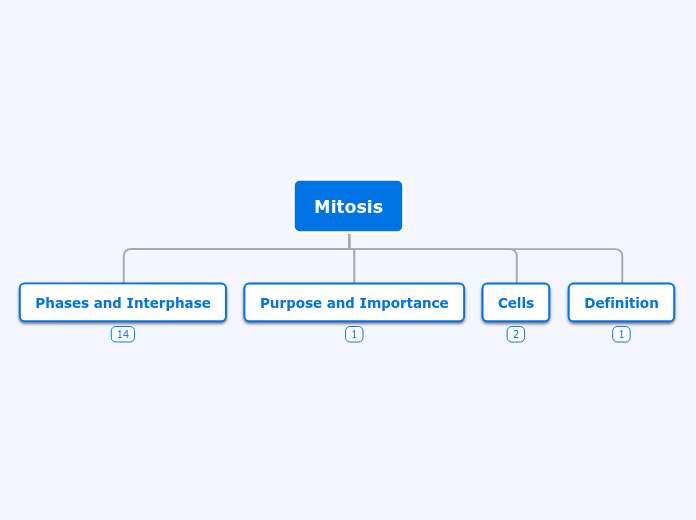par Tanisha Ubbu Il y a 5 années
482
Mitosis
Mitosis is a fundamental biological process essential for the growth and repair of organisms. It involves a parent cell dividing to produce two genetically identical daughter cells.

par Tanisha Ubbu Il y a 5 années
482

Plus de détails